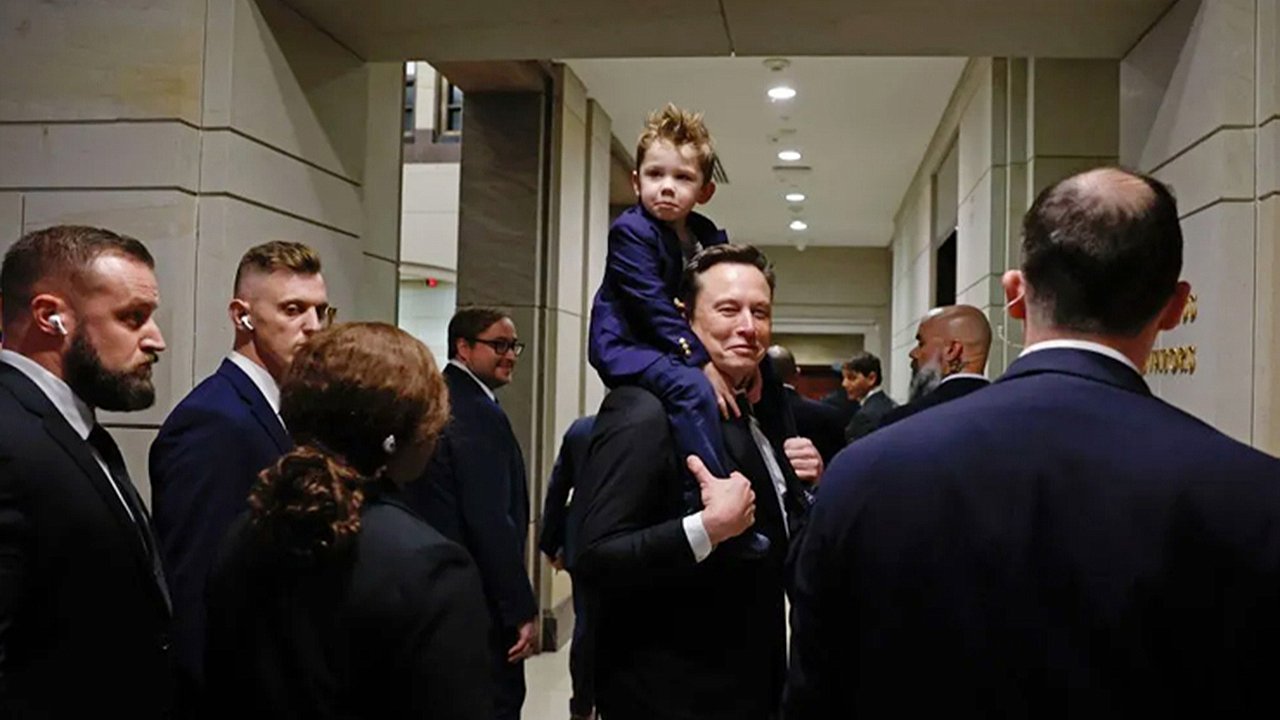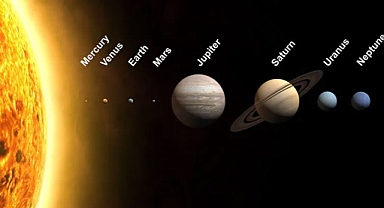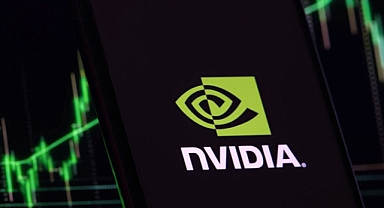The duo, backed by House Speaker Mike Johnson and President-elect Donald Trump, assert that their efforts will deliver a more efficient, streamlined government.“The taxpayers deserve better,” Johnson stated before meeting with the pair, emphasizing the need for a responsive government.Trump introduced the initiative, dubbed the Department of Government Efficiency, or “DOGE,” as part of his 2024 agenda. With a nod to Musk’s cryptocurrency dogecoin, Trump hailed the project as a transformative effort akin to the WWII-era Manhattan Project.DOGE: An Advisory Team, Not a Federal Department
Despite its name, DOGE is not an official government department. Instead, it functions as a private advisory body led by Musk and Ramaswamy, who clarified in a Wall Street Journal op-ed that they are unpaid volunteers.DOGE’s mission is to assist the Trump administration in identifying unnecessary spending and regulations that could be rescinded through executive orders. They aim to operate independently of federal bureaucracy, which some supporters argue is a key strength."They're untethered from the bureaucracy," said Senator Kevin Cramer. "That freedom is what makes them potentially effective."Slashing Spending and Bureaucracy
DOGE’s leaders envision dramatic government reform, focusing on cuts to federal spending and mass layoffs. Musk claims the initiative could save $2 trillion annually—about a third of federal spending. Ramaswamy has reiterated campaign promises to dismantle agencies like the Department of Education, FBI, and IRS, while calling for sweeping layoffs within the federal workforce."We're going to take a chainsaw to bureaucracy," Ramaswamy declared at a recent Mar-a-Lago gala, thanking Trump for empowering them to act decisively.No Pay, Grueling Hours, High Expectations
Musk has called for applicants to join DOGE via posts on X (formerly Twitter). He promises no pay, intense work hours exceeding 80 per week, and fierce competition. Only the top 1% of candidates will have their resumes reviewed by Musk and Ramaswamy.“Compensation is zero,” Musk wrote bluntly on X, adding that the role would involve “tedious work” and making “lots of enemies.”A 2026 Deadline for Change
DOGE’s lifespan is limited; it will disband on July 4, 2026, coinciding with the U.S. Semiquincentennial. Trump described the deadline as a symbolic gift to the nation, aiming to deliver a smaller, more efficient government by America’s 250th birthday.This ambitious deadline has drawn comparisons to President Reagan’s Grace Commission, which proposed over 2,500 reforms in the 1980s but saw few implemented.Criticism and Skepticism
Critics question the feasibility of DOGE’s goals. Governance expert Elaine Kamark called the project unrealistic, noting that two-thirds of federal spending is mandatory and cannot be altered without statutory changes.“You can't touch Social Security or Medicare without legislative action,” Kamark emphasized.However, some elements of DOGE have bipartisan support. Senator Bernie Sanders and Representative Ro Khanna have endorsed reducing Pentagon spending, an area Musk and Ramaswamy have also targeted. Representative Jared Moskowitz, a Democrat, even joined the bipartisan House Doge Caucus, advocating for cuts to ineffective government expenditures.“Reducing wasteful spending isn’t a partisan issue,” Moskowitz stated.
Despite its name, DOGE is not an official government department. Instead, it functions as a private advisory body led by Musk and Ramaswamy, who clarified in a Wall Street Journal op-ed that they are unpaid volunteers.DOGE’s mission is to assist the Trump administration in identifying unnecessary spending and regulations that could be rescinded through executive orders. They aim to operate independently of federal bureaucracy, which some supporters argue is a key strength."They're untethered from the bureaucracy," said Senator Kevin Cramer. "That freedom is what makes them potentially effective."Slashing Spending and Bureaucracy
DOGE’s leaders envision dramatic government reform, focusing on cuts to federal spending and mass layoffs. Musk claims the initiative could save $2 trillion annually—about a third of federal spending. Ramaswamy has reiterated campaign promises to dismantle agencies like the Department of Education, FBI, and IRS, while calling for sweeping layoffs within the federal workforce."We're going to take a chainsaw to bureaucracy," Ramaswamy declared at a recent Mar-a-Lago gala, thanking Trump for empowering them to act decisively.No Pay, Grueling Hours, High Expectations
Musk has called for applicants to join DOGE via posts on X (formerly Twitter). He promises no pay, intense work hours exceeding 80 per week, and fierce competition. Only the top 1% of candidates will have their resumes reviewed by Musk and Ramaswamy.“Compensation is zero,” Musk wrote bluntly on X, adding that the role would involve “tedious work” and making “lots of enemies.”A 2026 Deadline for Change
DOGE’s lifespan is limited; it will disband on July 4, 2026, coinciding with the U.S. Semiquincentennial. Trump described the deadline as a symbolic gift to the nation, aiming to deliver a smaller, more efficient government by America’s 250th birthday.This ambitious deadline has drawn comparisons to President Reagan’s Grace Commission, which proposed over 2,500 reforms in the 1980s but saw few implemented.Criticism and Skepticism
Critics question the feasibility of DOGE’s goals. Governance expert Elaine Kamark called the project unrealistic, noting that two-thirds of federal spending is mandatory and cannot be altered without statutory changes.“You can't touch Social Security or Medicare without legislative action,” Kamark emphasized.However, some elements of DOGE have bipartisan support. Senator Bernie Sanders and Representative Ro Khanna have endorsed reducing Pentagon spending, an area Musk and Ramaswamy have also targeted. Representative Jared Moskowitz, a Democrat, even joined the bipartisan House Doge Caucus, advocating for cuts to ineffective government expenditures.“Reducing wasteful spending isn’t a partisan issue,” Moskowitz stated.









